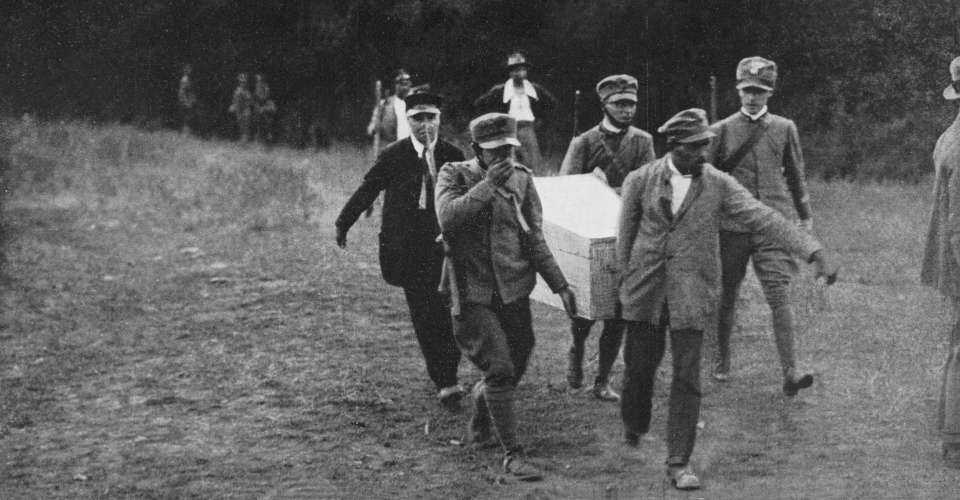
The body of Giacomo Matteotti, the socialist leader, was discovered on the outskirts of Rome on August 16, 1924, two months after his disappearance. (Photo supplied)
In totalitarian states, the killing of one’s political opponents has historically been a constant, almost “liberating” practice. It aims not only to eradicate – even if symbolically – all forms of dissent, but also to mark a turning point, or highlight a change that is intended to be radical, irreversible.
Those who hold absolute power usually cannot stand even the physical presence of their opponents, even if they are weakened or politically defeated.
This is because, in moments of crisis for the totalitarian or authoritarian regime, the opponent can be considered by those in power as a leader, a hero, capable of gathering together a more or less threatening opposition.
Recently some interpreters have pointed out the similarities between the death of the Russian dissident Navalny – imprisoned in Siberia for minor financial crimes (fraud) – and that, in the early years of Fascism, of the Unitarian Socialist, Giacomo Matteotti.
They note that Mussolini accepted, though not immediately, political and moral responsibility for the crime: “I declare,” he said in Parliament, in his speech on January 3, 1925, “here, in the presence of this assembly and in the presence of all the Italian people, that I assume (I alone!) the responsibility (political! moral!, historical!) for all that has taken place.”
These are words of empty Mussolinian rhetoric, which, however, express well the arrogance of someone who was convinced he held the country’s destiny firmly in his grasp, certain of his impunity for such a heinous crime. Navalny’s death, on the other hand, was presented as an accident, a sudden illness.
No moral or political responsibility was admitted; everything was presented as normal, despite the street demonstrations in the country and the outrage his death caused worldwide.
There is, moreover, a second reason why authoritarian states usually eliminate opponents, even if they have already been neutralized: the repressive machines put in place by the regime have their own autonomy, “functioning like gears that, once set in motion, crush, and thus complete their dirty work,” even without anyone actually giving the order to act, to kill.
But this is part of the nature of absolute power and the absence of the rule of law, which denies minorities and oppositions any form of legal protection.
Read the complete article here.
This article is brought to you by UCA News in association with "La Civiltà Cattolica."


